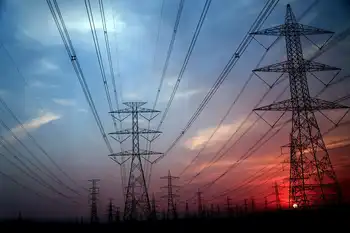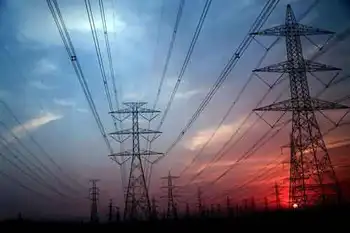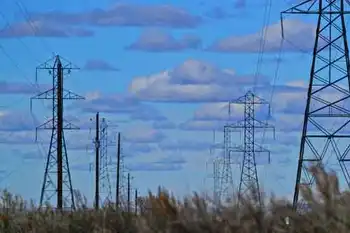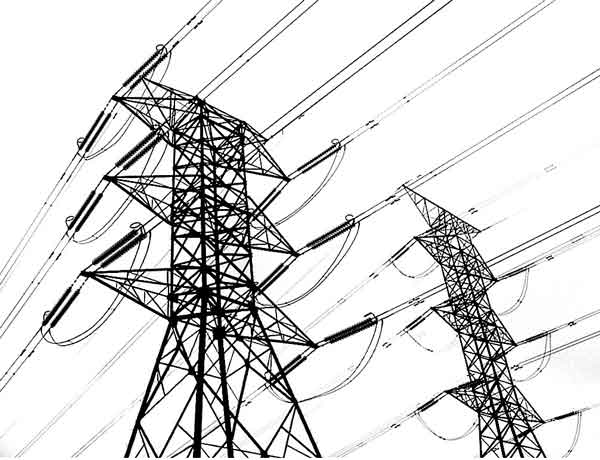Hydro-Quebec to get most of NB PowerÂ’s assets
By Toronto Star
High Voltage Maintenance Training Online
Our customized live online or in‑person group training can be delivered to your staff at your location.

- Live Online
- 12 hours Instructor-led
- Group Training Available
According to the memorandum of understanding, Hydro-Quebec would buy the assets for $4.75 billion – an amount equivalent to NB Power's debt – giving Quebec greater capacity to export power to the United States.
Hydro-Quebec would assume NB Power assets such as transmission lines, offices and most generation facilities including the Point Lepreau nuclear power plant.
"This agreement... will also provide Quebec with a strategic geographic position with regards to the markets of Atlantic Canada and New England," Charest told a news conference.
The premiers of Nova Scotia and Newfoundland and Labrador have warned the deal would give Hydro-Quebec a monopoly that could hinder other power development in the region.
But Charest said he supports the continuation of an open market on the use of transmission lines and would not stand in the way of other provinces getting their power to the U.S.
As a precondition to the negotiations, New Brunswick and Quebec have agreed to new power rates for New Brunswick.
Residential power rates in New Brunswick would be frozen for five years, while industrial rates would be reduced to match those in Quebec, saving the Maritime province an estimated $5 billion.
"Ratepayers would see reduced rates to an extent that would have been impossible for NB Power as a stand-alone utility," Graham said.
NB Power was created by New Brunswick's legislature in 1920.
During the 2006 provincial election campaign, Graham promised to maintain the Crown corporation as a publicly owned utility.
But Graham said the deal would free New Brunswick of a large financial albatross.
"The elimination of NB Power's massive debt will help us attain self-sufficiency and relieve our children and grandchildren of this burden," he said.
New Brunswick Conservative Opposition Leader David Alward said the agreement would short-change his province because it would relinquish control of the province's power utility for little in return.
"Delay this deal until after the fixed election date of next September," Alward said.
"If not, then go to the people now."
But Graham said there will be opportunity for public debate before the closing date of the deal at the end of March 2010.
Under terms of the agreement, New Brunswick would continue to operate fossil fuel plants at Coleson Cove and Belledune, but phase out the facility at Dalhousie.
Hydro-Quebec could also direct the province to shut down two other fossil fuel facilities and earn emission credits in return.











